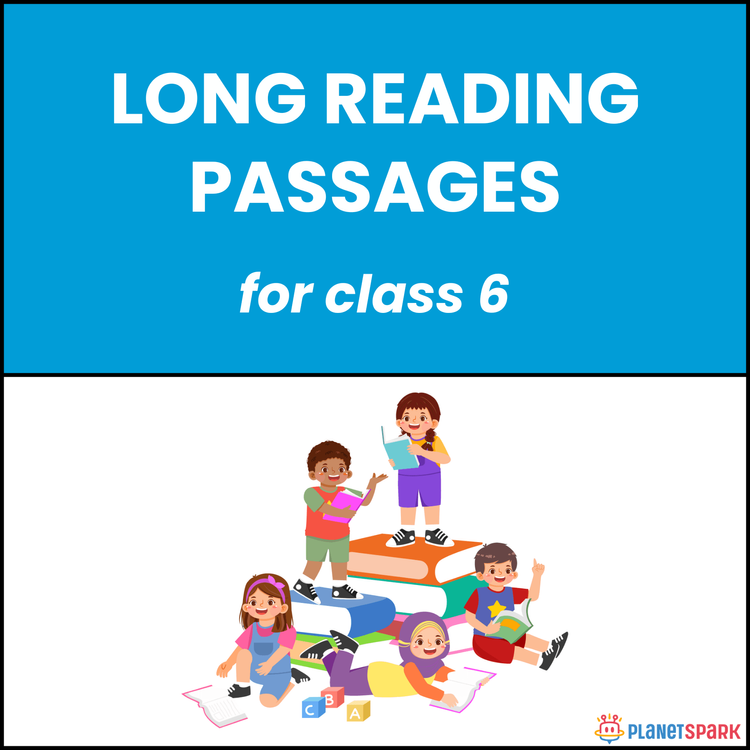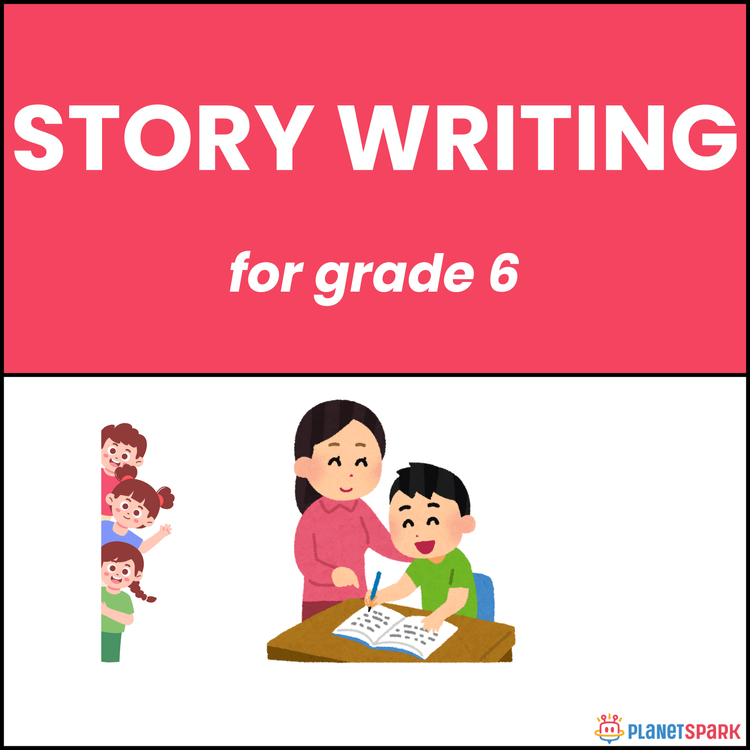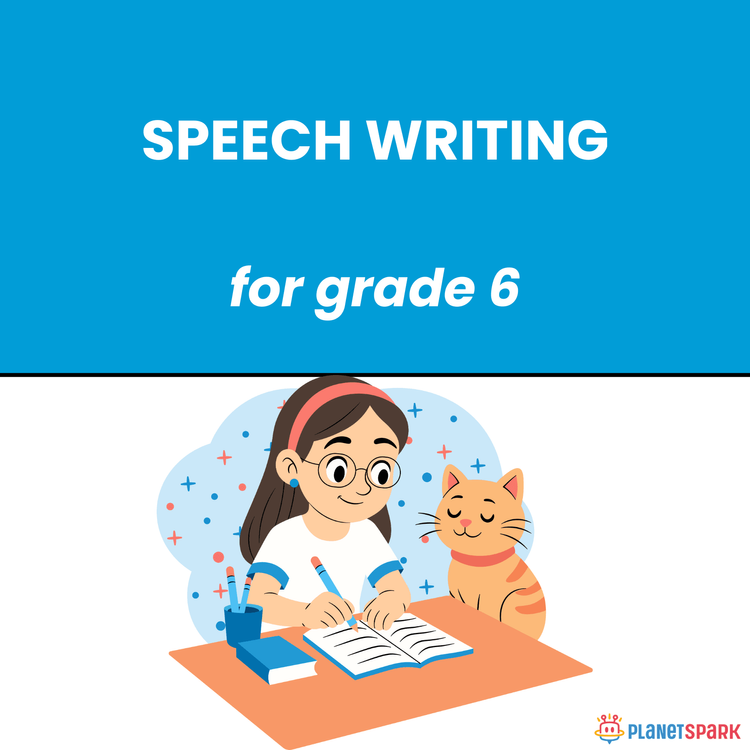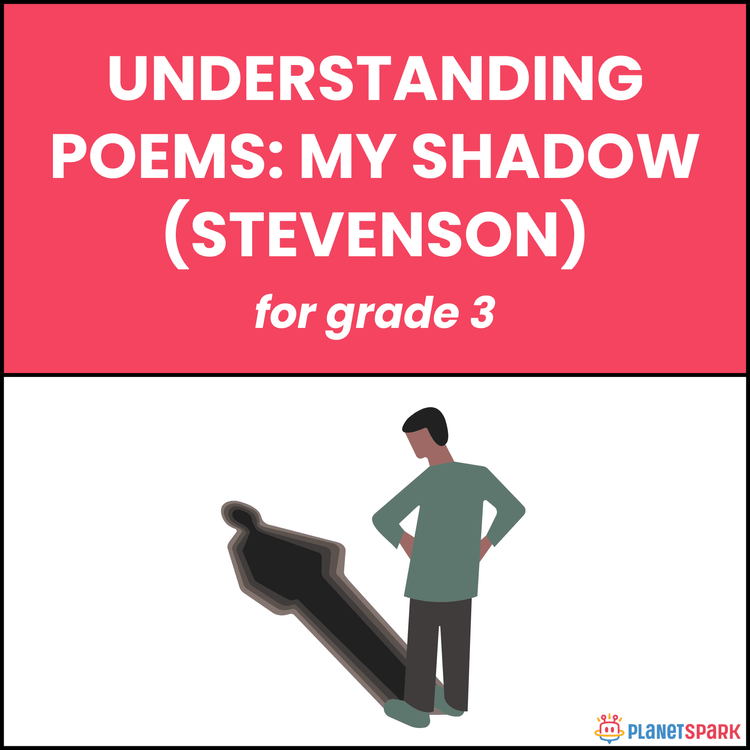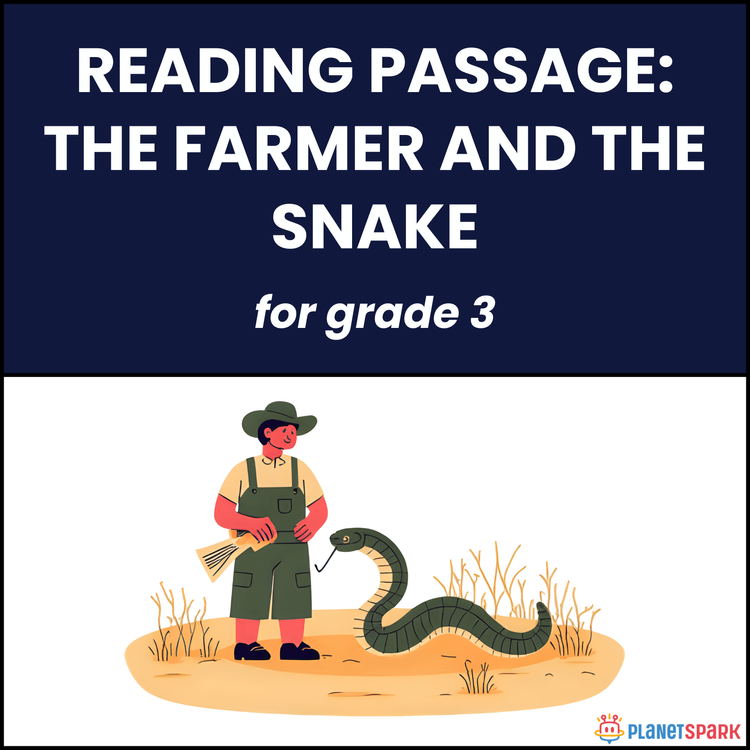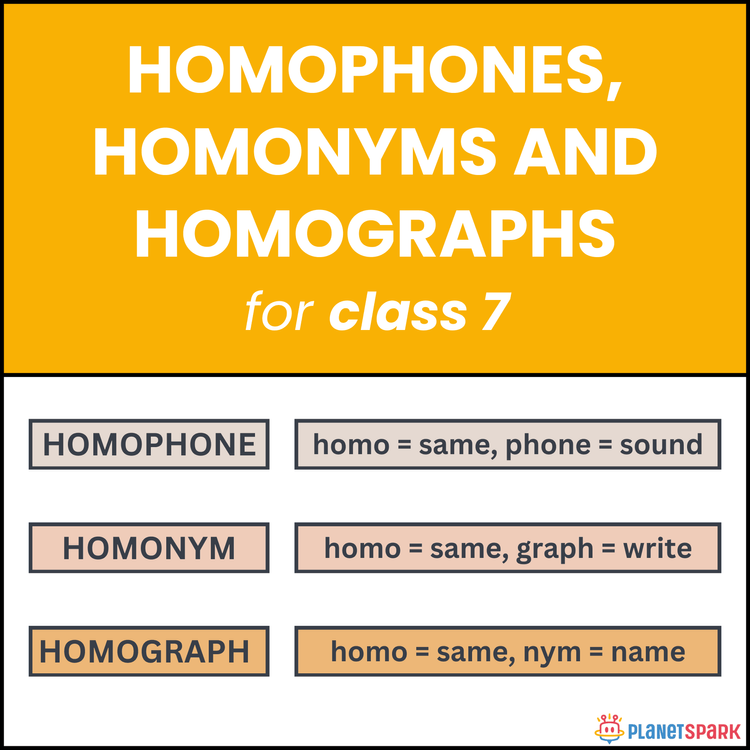Class 6 English Worksheet on Types of Sentences – Functions and Forms Explained
Class 6EnglishEnglish GrammarFree DownloadPDF
Tanishka SharmaVisit Profile
English teacher with 2 years of expertise from teaching in both IB and CBSE schools.
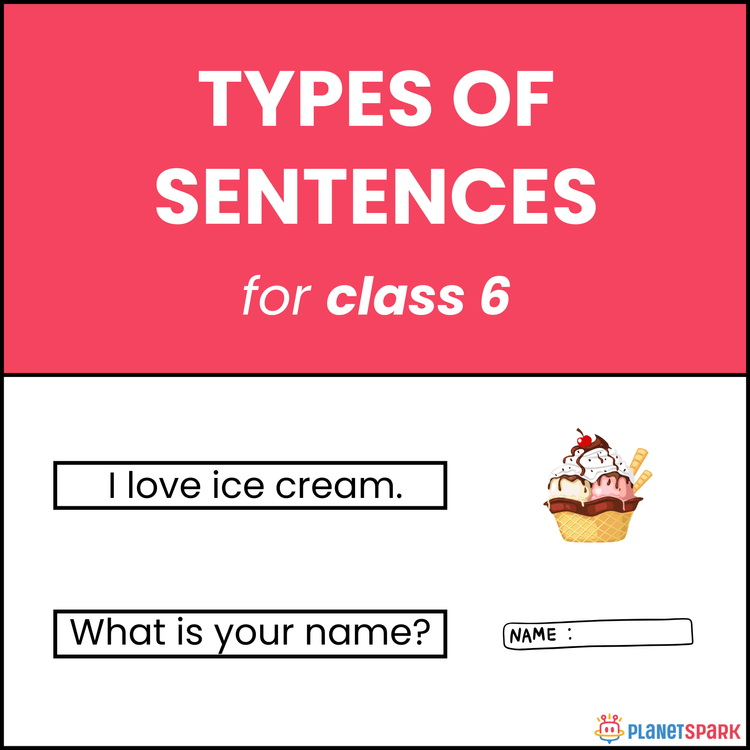

Class 6 English Worksheet on Types of Sentences – Functions and Forms Explained
Class 6EnglishEnglish GrammarFree DownloadPDF
Tanishka SharmaVisit Profile
English teacher with 2 years of expertise from teaching in both IB and CBSE schools.
Master Sentence Types: Declarative, Interrogative, Imperative, Exclamatory for Class 6
This Grade 6 worksheet introduces learners to the four main types of sentences—*declarative*, *interrogative*, *imperative*, and *exclamatory*. With focused exercises on identification, punctuation, sentence transformation, and original sentence creation, students improve their understanding of sentence purpose and structure.
Why Types of Sentences Matter in Grammar?
Recognizing sentence types strengthens comprehension and communication. For Grade 6 learners, this is important because:
1. Each sentence type has a unique function: to state, ask, command, or express.
2. It supports punctuation and clarity in writing.
3. It improves reading comprehension and sentence variation.
4. It builds confidence in formal writing, dialogue, and storytelling.
What’s Inside This Worksheet?
This worksheet includes four structured activities focused on identifying, correcting, and forming various sentence types:
🧠 Exercise 1 – Identify the Sentence Type
Students read 10 sentences and classify each as *declarative*, *interrogative*, *imperative*, or *exclamatory*. Example: “Wow! What a clever idea!” = Exclamatory.
✏️ Exercise 2 – Add Punctuation and Label
Students add correct punctuation to 10 sentences and label their type (e.g., adding a question mark and labeling as interrogative).
📋 Exercise 3 – Change the Sentence Type
Students transform 10 sentences as directed—such as converting a declarative sentence into interrogative or exclamatory form.
🎨 Exercise 4 – Sentence Formation
Learners create one original sentence for each of the four types: declarative, interrogative, imperative, and exclamatory
✅ Answer Key (For Parents & Educators)
Exercise 1 – Sentence Type Identification
1. Interrogative
2. Exclamatory
3. Imperative
4. Declarative
5. Interrogative
6. Exclamatory
7. Declarative
8. Exclamatory
9. Interrogative
10. Imperative
Exercise 2 – Punctuation and Type Label (Sample Answers)
1. Can you help me with this? – Interrogative
2. Look at that giant balloon! – Exclamatory
3. This cake is delicious. – Declarative
4. Don’t forget to lock the door. – Imperative
5. Where is my science textbook? – Interrogative
6. Please turn off the lights. – Imperative
7. We are going on a trip tomorrow. – Declarative
8. How exciting this game is! – Exclamatory
9. What is the capital of France? – Interrogative
10. Finish your homework before dinner.
Exercise 3 – Changed Sentence Type (Sample Transformations)
1. Are you feeling better? – Interrogative
2. What a beautiful drawing this is! – Exclamatory
3. Close the door. – Imperative
4. You should pass the salt. – Declarative
5. Is he your new teacher? – Interrogative
6. What a tiny puppy it is! – Exclamatory
7. Listen carefully. – Imperative
8. That is a lovely dress. – Declarative
9. Is she reading a storybook? – Interrogative
10. How amazing the sunset looks!
Exercise 4 – Student-Generated Sample Sentences
1. Declarative – I love reading adventure stories.
2. Interrogative – Do you know the answer to this riddle?
3. Imperative – Please complete your work quietly.
4. Exclamatory – What a fantastic performance that was!
Frequently Asked Questions
They help express ideas in different ways—statements, questions, commands, or emotions.
Look for strong emotions and an exclamation mark at the end.
Most do, since they give instructions or commands directly.

